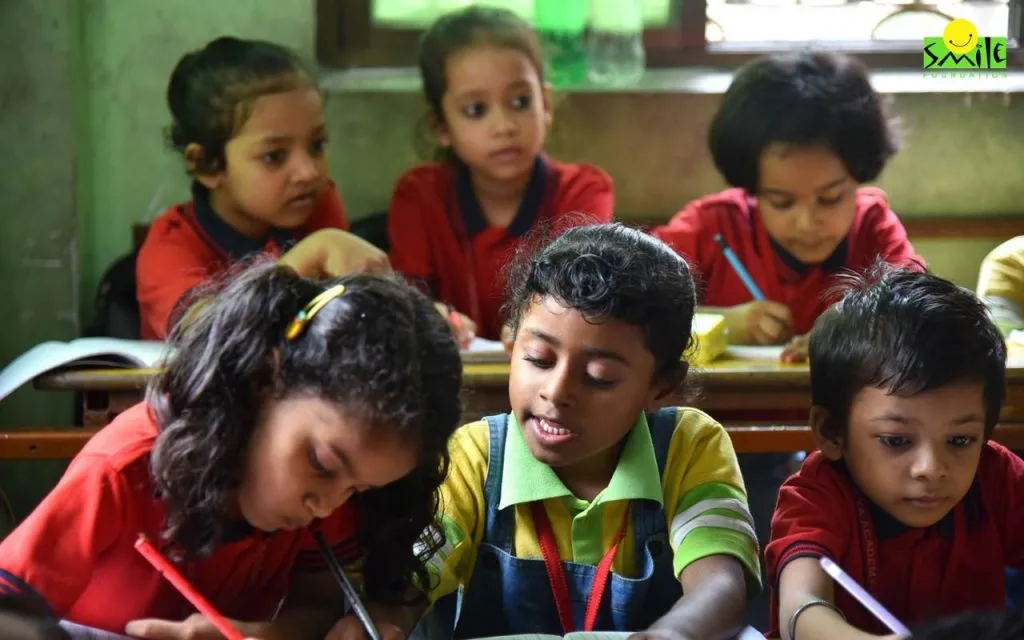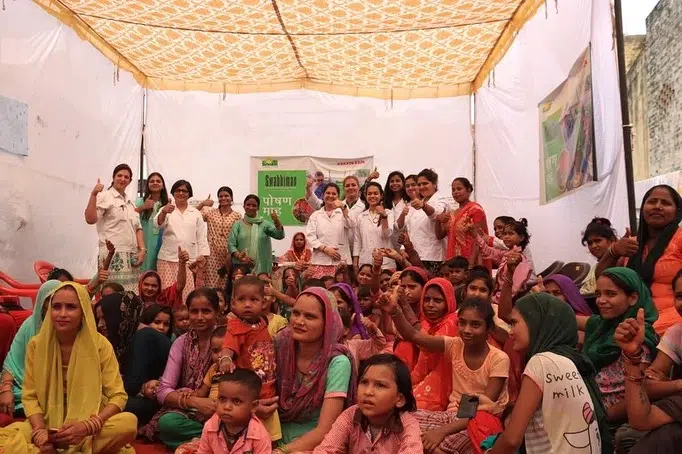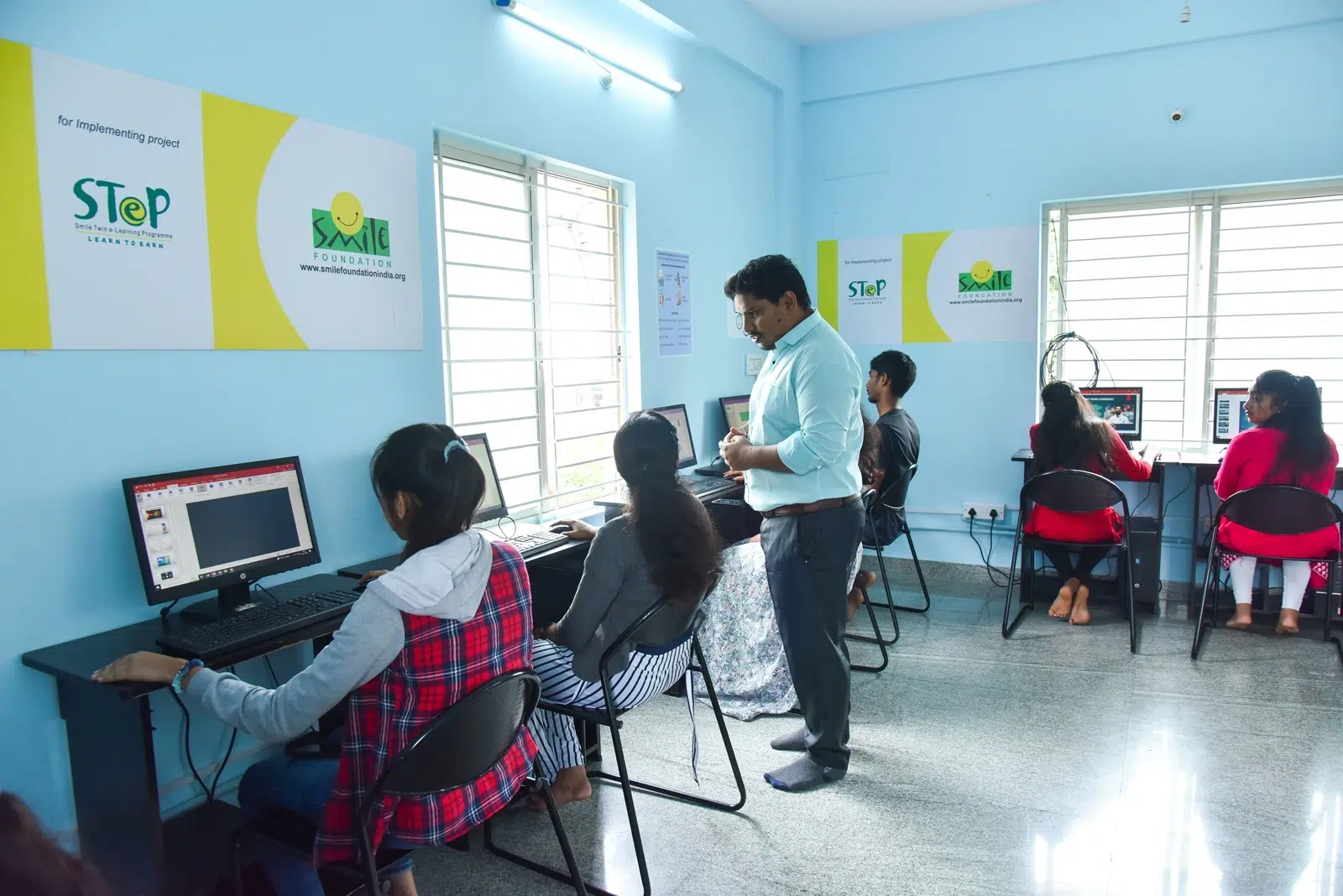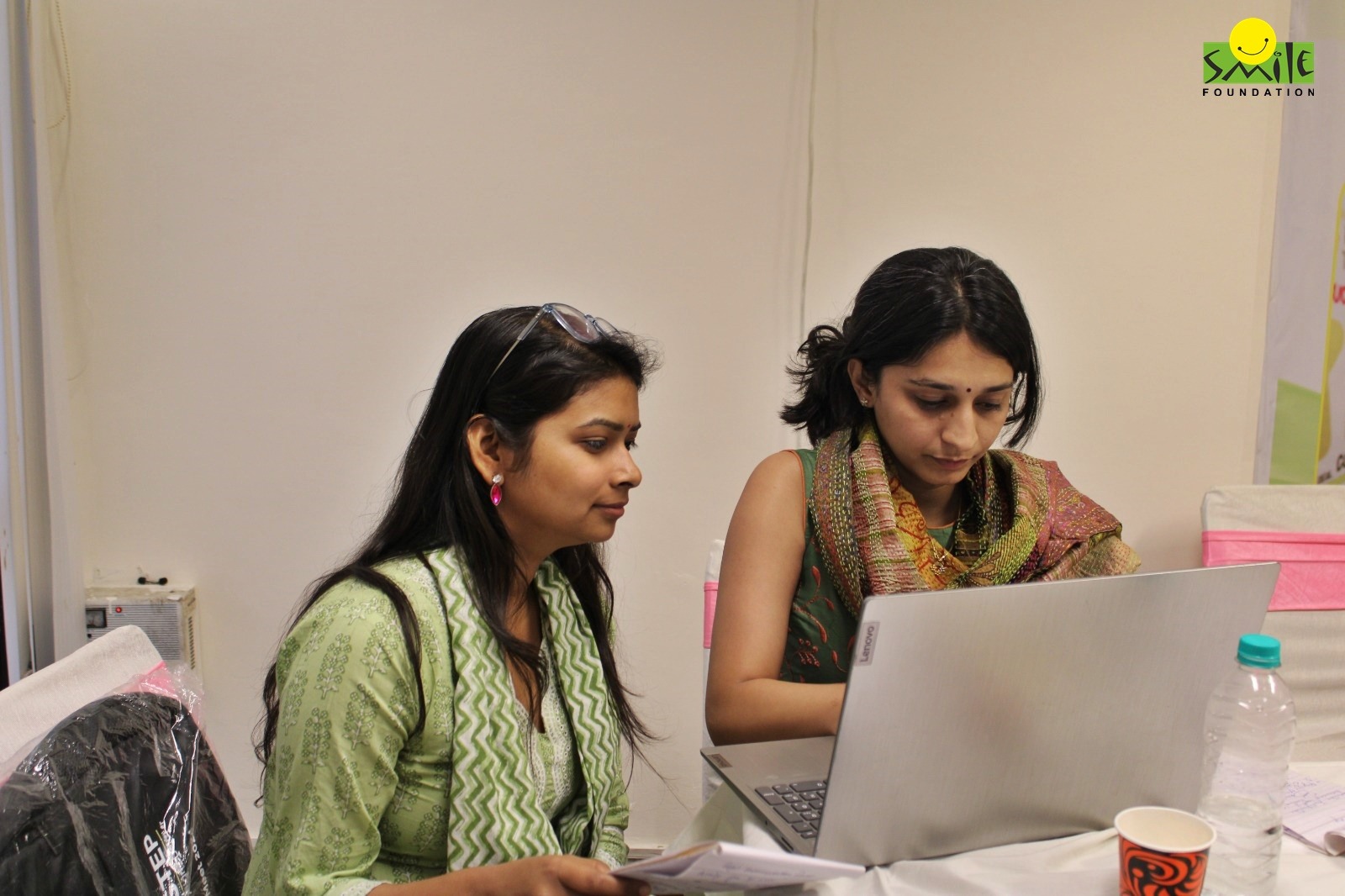For ages, education has been considered a vital pathway to success and rightly so. Yet many individuals continue to face significant barriers to higher education opportunities. The complexities of navigating the educational landscape, especially in a country like India, often leave students overwhelmed and uncertain about their options. For countless aspiring scholars, the challenge isn’t just finding information about academic programmes and securing the financial support necessary to pursue their dreams.
Scholarships thus serve an essential role for students from diverse and often disadvantaged backgrounds. These financial aids not only alleviate the burden of tuition fees but also provide recognition of their hard work and potential, thus enabling meritorious individuals access to quality institutions and resources that can propel them toward their goals. In a diverse and populous nation like India, where the aspirations of millions intertwine with the harsh realities of socio-economic disparities, scholarships emerge as hope for countless students. They serve as financial aid and as vital instruments of social equity, enabling individuals from underprivileged backgrounds to access quality education and realise their dreams.
Creating an even playing field
In her article titled ‘My Journey from Jharkhand to Cambridge: The Truth About Meritocracy and Scholarships,’ published by ‘Adivasi Lives Matter’, Deepti Mary Minj—who completed her M.Phil. at the University of Cambridge—emphasises that one’s background does not solely determine merit. Instead, access to prestigious institutions is significantly influenced by the opportunities, platforms and resources available to individuals from various sources. Scholarships are one of the critical measures that can empower those who have faced discrimination, allowing them to lead lives of dignity and respect. Individuals from systematically marginalised backgrounds are better equipped to ask essential questions and advocate for change when they reach these positions. Their presence in such spaces can challenge existing narratives and push for greater inclusivity, ultimately benefiting society as a whole.
Thus, scholarships contribute to levelling the playing field in education, fostering social equity by supporting students who face systemic barriers. They empower young people to break cycles of poverty, encouraging a generation to aspire for more. By investing in these students, society as a whole benefits from a more educated workforce, diverse perspectives and innovative solutions to pressing challenges. In essence, scholarships are not just financial resources; they are transformative tools that help keep hopes alive for countless individuals seeking to make a difference in their lives and communities.
NGOs doing their part
Several civil society groups are actively working to ensure that students gain access to the right educational opportunities. One notable initiative is Project EduAccess, which aims to enhance access to higher education, leadership and professional pathways for individuals from marginalised communities in the Global South. This project provides mentorship opportunities for students preparing to study abroad, connecting them with those already pursuing education outside their home countries. By fostering these connections, NGOs help students navigate the complexities of international education, empowering them to seize opportunities they might not have otherwise considered.
Similarly, the Eklavya Foundation focuses on empowering first-generation learners from historically marginalised regions. This organisation aims to break the cycle of poverty by providing these students with access to world-class higher education. Through a combination of mentorship, academic support and resources, the foundation equips students with the tools they need to succeed in their educational pursuits. Both initiatives exemplify the crucial role that civil society plays in bridging gaps in education, ensuring that talented individuals from diverse backgrounds can aspire to and achieve their goals.
Overcoming Challenges Along the Way
Despite their positive impact, scholarship programmes in India face challenges, including inadequate awareness, bureaucratic hurdles and disparities in distribution. Many deserving candidates need to be aware of available scholarships, while application processes can be convoluted. Additionally, there is a pressing need for policies that ensure transparent and equitable distribution of funds.
Different scholarships exist to serve different purposes and thus they are classified into three categories—merit-based, need-based and community-based. Merit-based scholarships seek to reward academic excellence; need-based scholarships focus on students from economically disadvantaged backgrounds, ensuring that financial constraints do not hinder their educational pursuits’ and community-based scholarships aim to uplift marginalised groups in order to promote social justice and empowerment. In the aforementioned article, Deepti Mary Minj highlights the complex layers of historical and intersectional exploitation that affect marginalised groups in the scholarship allocation process. While some scholarships focus on academic achievements, others consider a student’s overall excellence or involvement in social work. However, only some consider the hardships a community or an individual faces as a criterion for eligibility. This oversight underscores the need for a more holistic approach to scholarship provision that recognises marginalised students’ challenges.
Thus, it is evident that while scholarships are intended to promote access for all, they often perpetuate inequalities for many. Therefore, there is an urgent need to design scholarships that specifically target these marginalised groups, providing them with the opportunities and support necessary to pursue their educational aspirations. By doing so, we can work toward a more equitable system that truly levels the playing field and empowers all students to succeed.
Smile’s scholarship programme
Smile Foundation’s scholarship interventions are designed to provide financial support and equal opportunities to underprivileged children, helping them pursue their education without the burden of financial constraints. These scholarships aim at bright, deserving students from marginalised communities who might otherwise have to drop out due to lack of resources. By covering educational costs such as tuition fees, school supplies and sometimes even transportation, the programme ensures that children can focus on their studies and excel academically.
The scholarship interventions go beyond just financial aid—they offer mentorship and guidance to students, empowering them to make informed decisions about their future. This holistic support helps students stay motivated and pursue higher education or vocational training, ultimately leading to better employment opportunities. By investing in these young minds, Smile Foundation is working towards breaking the cycle of poverty and creating a brighter, more equitable future for all.









